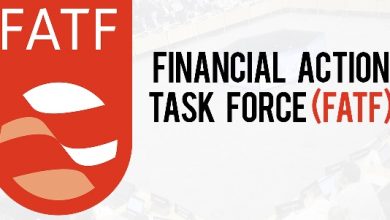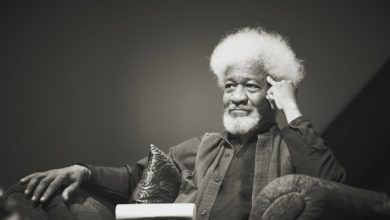Former Gambian Interior Minister Convicted by Swiss Court for Humanity Crimes

Switzerland’s highest criminal court delivered a landmark verdict on Wednesday, convicting a former Gambian interior minister for crimes against humanity linked to the oppressive actions of the country’s security forces during the regime of its long-standing dictator. Ousman Sonko, who served as Gambia’s interior minister from 2006 to 2016 under President Yahya Jammeh, received a hefty sentence of 20 years behind bars, as reported by TRIAL International via social media.
The trial, which commenced in January, was a significant opportunity to achieve justice through “universal jurisdiction,” allowing for the prosecution of grave offenses committed abroad. The verdict was pronounced in a Swiss federal criminal court in the town of Bellinzona. Sonko, present in the courtroom, remained largely impassive as the translated verdict was announced, according to Benoit Meystre, legal adviser for TRIAL International, who witnessed the proceedings.
Sonko had sought asylum in Switzerland in November 2016 and was apprehended two months later. The Swiss attorney general’s office had filed charges against him a year prior, covering a span of 16 years during Jammeh’s rule, characterised by arbitrary detentions, sexual abuse, and extrajudicial killings.
Accused of complicity in, and failure to prevent, attacks against dissenters in Gambia, Sonko faced allegations including killings, torture, rape, and numerous illegal detentions. This unprecedented conviction underscores the principle that justice knows no bounds, as highlighted by Meystre.
Madi MK Ceesay, a journalist who had been detained under Sonko’s orders and testified in the trial, emphasized the verdict’s potential impact on Jammeh, who remains in exile in Equatorial Guinea. Reed Brody, a human rights lawyer present at the trial, hailed Sonko’s conviction as a crucial step toward justice for Jammeh’s victims, expressing hope that accountability would extend to Jammeh himself.
Philip Grant, executive director of TRIAL International, noted that Sonko’s trial marked the highest-level prosecution of a former official in Europe under universal jurisdiction. Sonko’s military background and positions of authority within the Gambian government were outlined by Swiss prosecutors.
Jammeh, who seized power in a 1994 coup, refused to accept defeat in Gambia’s 2016 presidential election, ultimately fleeing amid regional pressure. Amnesty Switzerland lauded Sonko’s verdict as a milestone in combating impunity, emphasising that even former ministers are subject to prosecution, providing a sense of closure for victims and their families.




